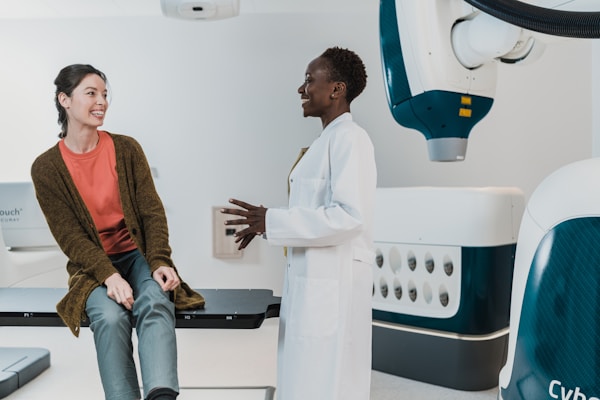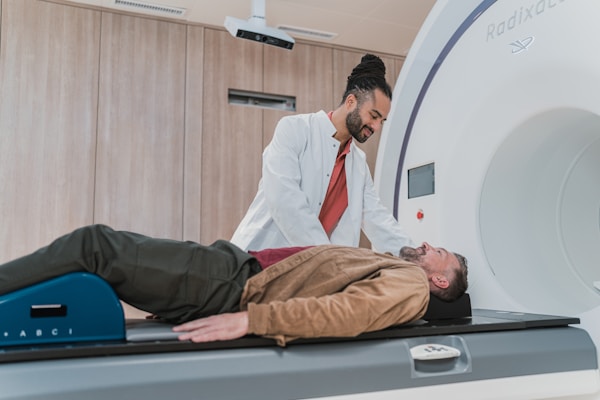Incident management systems (IMS) are tools that healthcare organizations can use to track and manage patient safety incidents. IMS can help healthcare organizations identify and investigate potential patient safety risks and develop and implement strategies to prevent future incidents. Keep reading to learn more about how an IMS can be used in healthcare.
What are some ways IMS can be used in healthcare?

Incident management systems are software programs that allow for tracking and managing incidents or events that impact an organization’s normal operations. This could include anything from a patient falling to a power outage or computer system malfunction in a healthcare setting. The goal of using incident management software is to ensure that any event that disrupts normal operations is quickly identified and addressed to minimize its impact on patients and staff.
Incident management can be used in various ways within a healthcare organization. One common use is to create an electronic record of all incidents reported within the hospital. This allows staff to track patterns and identify potential areas for improvement. Additionally, incident reports can be used as evidence in quality improvement initiatives or legal proceedings.
Another way hospitals use incident management systems is by using them as part of their emergency response plan. In the event of a significant emergency, such as a natural disaster or mass casualty incident, an incident management system can help hospital staff quickly identify which patients need priority care and what resources are required to address the situation.
What are the benefits of using an IMS in a healthcare setting?
In the healthcare setting, IMS can be used to manage and track patient safety events, adverse drug events, medical device incidents, and other types of health-related incidents. IMS can help organizations improve patient safety by providing a mechanism for tracking and investigating incidents, identifying trends, and implementing corrective actions. IMS can also help organizations meet regulatory requirements related to incident reporting. IMS can also be used to track and manage quality improvement initiatives. The benefits of using an IMS in a healthcare setting include the following:
- Improved communication and coordination among healthcare staff
- Improved tracking of patient safety incidents
- Enhanced tracking of medical errors
- Improved tracking of quality improvement initiatives
- Improved patient safety
- Improved quality of care
- Improved patient satisfaction
- Improved organizational efficiency
Who can use an incident management system?

A healthcare IMS manages incidents within a hospital or other healthcare organization. It allows the organization to respond quickly and effectively to any incident, big or small. The IMS helps staff track and investigate incidents, identify lessons learned, and improve processes and protocols to prevent future incidents.
Hospital staff, administrators, and patients can use the healthcare IMS. Staff can use the system to report incidents, track their progress through the resolution process, and access resources related to the incident. Administrators can use the system to manage team members involved in resolving an incident, track financial costs associated with an incident, and generate reports on all aspects of the incident management process. Patients can use the system to receive updates on their cases, submit feedback about their experiences, and access resources related to their situations. IMS can help healthcare organizations identify trends and potential problems before they become serious issues. IMS also helps ensure that all incidents are appropriately documented and tracked so that lessons can be learned and improvements made.
An incident management system can be used in healthcare to help identify, track, and resolve incidents. The system can improve communication and coordination among healthcare staff and help identify and analyze trends. An incident management system is crucial to providing patients with the best possible experience and conditions.




